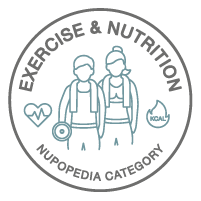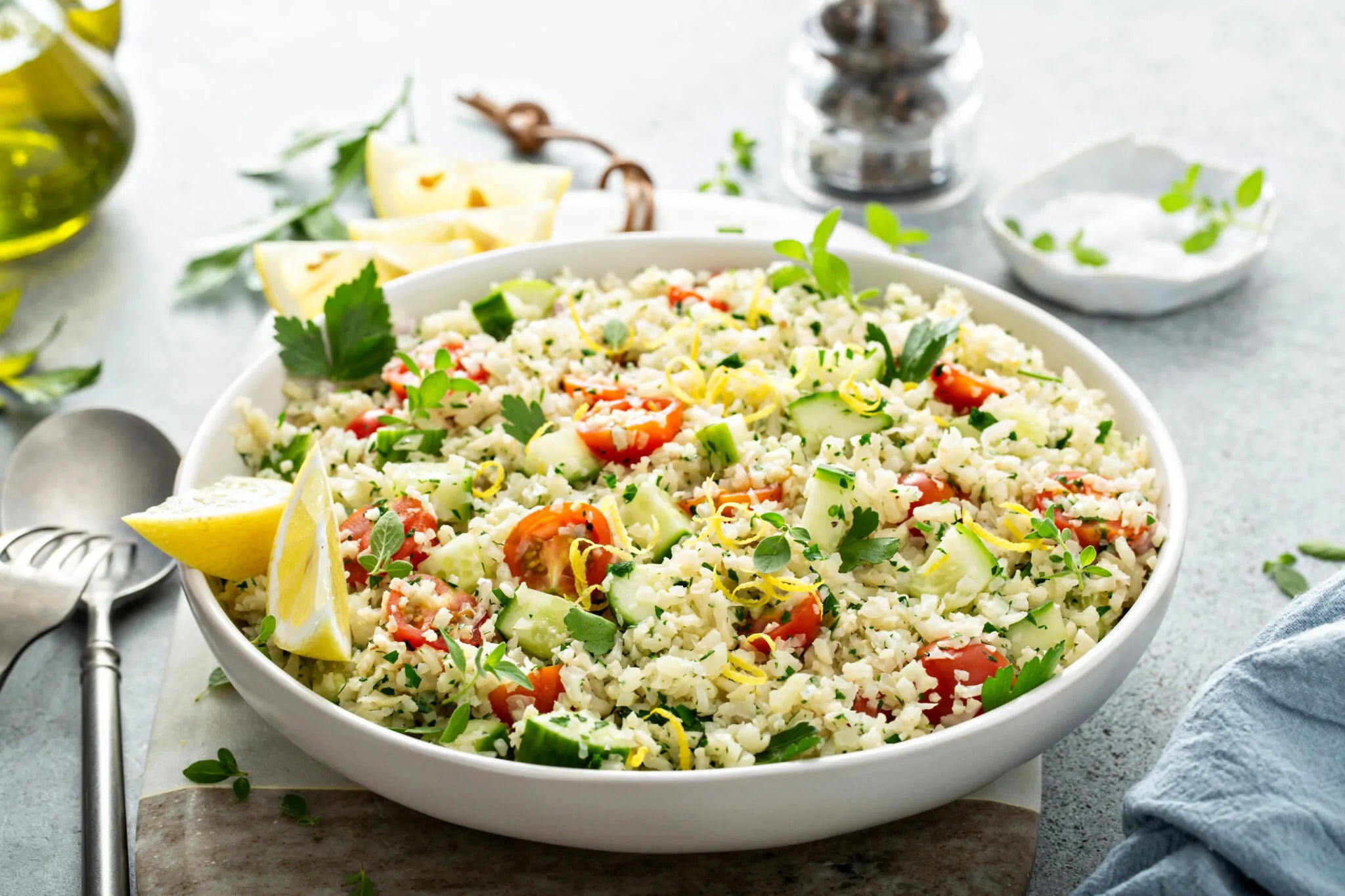There are calories in all foods, but are all calories the same? Is one calorie from a piece of chocolate the same as one calorie from a piece of meat or an apple?
Overall, the answer is yes, since all calories contribute to total calorie intake. However, it's not that simple. The body burns and absorbs nutrients differently. Some fiber pass largely undigested through the digestive system, while some carbohydrates are quickly absorbed in the intestines. The body also uses more energy to process protein than carbohydrates and fat.
For weight loss, this means that not all calories have the same effect on metabolism and hunger. Protein-rich foods help preserve muscle mass and increase satiety, while fiber slows digestion and promotes fullness. On the other hand, highly processed carbohydrates can cause blood sugar spikes, leading to increased hunger and potential overeating. Choosing nutrient-dense, whole foods over empty-calorie options can make it easier to maintain a calorie deficit and achieve sustainable weight loss.
Additionally, the body's ability to store excess protein is less than its ability to store carbohydrates and fat, meaning the body must process protein immediately. This leads to increased metabolism for a period after consuming a protein-rich meal compared to a carbohydrate-rich meal.
Different nutrients affect our blood sugar and appetite differently. It is therefore important to focus on eating the foods that have the best and most optimal effect on your body when trying to reach your dream weight.
Vegetables
Most vegetables are very low in carbohydrates and, due to their high water content, you can eat large amounts for few calories. Vegetables are also rich in vitamins and minerals that your body needs. Some vegetables, such as Jerusalem artichokes, contain more starch and are therefore higher in carbohydrates than others.
Fruit is also healthy but contains sugar in the form of fructose. Therefore, it’s best to limit fruit intake while on a diet. It is recommended to eat vegetables with every meal, filling half your plate with vegetables at lunch and dinner. You can also benefit from eating vegetables as snacks.
Complex Carbohydrates
In general, carbohydrates should be avoided when on the Nupo Diet. However, once you have achieved your goal and are transitioning to a healthy lifestyle, complex carbohydrates can be part of a balanced diet. Choose the right types that provide the most satiety and nutrition for the calories. Further recommendations for good carbohydrate sources are found on page x.
Protein
Proteins are the body's building blocks and are essential for the construction and maintenance of cells and tissues. Proteins are made up of amino acids. Some amino acids cannot be produced by the body, so it's important to get them from food. Proteins are a key part of a healthy diet. A protein-rich diet provides a strong feeling of fullness, increases energy expenditure, and stabilizes blood sugar levels.
Limit or avoid legumes during the Nupo Diet, as they contain many carbohydrates despite being high in protein. Nuts contain healthy fats but are calorie-dense, so limit their intake while on a diet. Also, choose lean types of meat, fish, and poultry, and opt for low-fat dairy products.
Fat
Fat serves, among other things, as insulation under the skin to help retain warmth and is important for building cell structures and hormones. Fat is also necessary for the absorption of fat-soluble vitamins. Fat provides the body with energy, but if consumed in excess over time, it is stored in the body's fat tissue and can lead to excess weight. There are different types of fat, which can be divided into saturated and unsaturated fatty acids.
Saturated fatty acids are mainly found in animal products like meat, butter, cheese, and other dairy products, as well as coconut oil. They are solid at room temperature. Unsaturated fatty acids, which can be monounsaturated or polyunsaturated, are liquid at room temperature and are found in plant oils, seeds, nuts, and grains. Polyunsaturated fatty acids include Omega-3 and Omega-6, which the body cannot produce.
It is especially important to consume enough Omega-3 fatty acids. Omega-3s are primarily found in fatty fish (salmon, herring, mackerel), walnuts, flax seeds, and chia seeds.
Fiber
Fiber is partially indigestible carbohydrates that do not break down in the small intestine but pass mostly undigested through the digestive system. They bind water, causing the food to swell and take up more space in the stomach, which leads to a longer feeling of fullness. The consumption of fiber also helps slow the absorption of nutrients, contributing to more stable blood sugar levels.
Fiber promotes general gut health by stimulating digestion and increasing stool volume while preventing both diarrhea and constipation. Fiber-rich foods are also often rich in vitamins and minerals and tend to be low in fat and sugar.
Alcohol
Alcohol is an energy-dense nutrient and is not necessary for the body to function. When consumed, alcohol slows down the metabolism of fat and carbohydrates, which is not ideal when dieting.
Alcohol serves only as a concentrated source of calories. For every gram of alcohol you consume, you get 7 kcal, but no essential or filling nutrients. Moreover, alcohol is often mixed with sugary drinks, which adds even more empty calories. Alcohol and alcoholic beverages contribute little to satiety, leading to the consumption of large amounts. For example, drinking one cider gives you 141 kcal, while drinking five gives you 705 kcal, which is equivalent to a day's worth of Nupo Diet calories. Therefore, it's best to avoid alcohol during a diet.
Micronutrients – Vitamins
Vitamins and minerals are essential for the body to function. Vitamins are organic compounds that the body cannot produce on its own and must be obtained from food. There are 13 different vitamins, which are divided into water-soluble and fat-soluble vitamins. By following the Nupo Diet with 6 Nupo Diet products per day, you will receive all the necessary vitamins and minerals your body needs, including vitamin D.











































